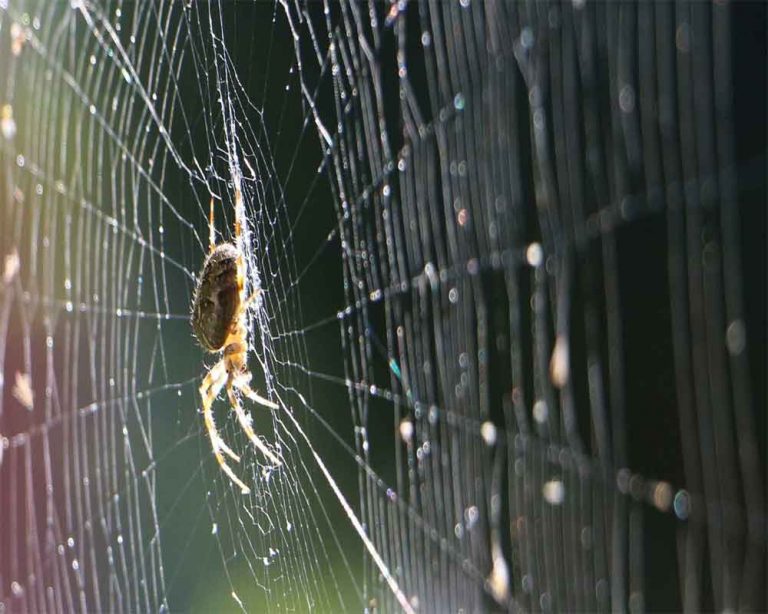
03 March 2019, Washington (Xinhua)
An international research team led by Chinese scientists found spider silk could contract and twist in humidity which can be used to make artificial muscles or robotic actuators.
The study published on Friday in the journal Science Advances showed that the slender spider fibers could suddenly shrink in response to changes in moisture, resulting in a strong torsional force.
The researchers from Huazhong University of Science and Technology and Massachusetts Institute of Technology suspended a weight from the silk to make a kind of pendulum, and then enclosed it in a chamber where they could control the relative humidity inside.
“When we increased the humidity, the pendulum started to rotate. It was out of our expectation,” said the paper’s co-author Liu Dabiao, associate professor at Huazhong.
The researchers identified a protein building block called “proline” in the spider’s dragline silk, which is crucial to the twisting reaction. When water molecules interact with the proline, the proline’s hydrogen bonds are disrupted in an asymmetrical way that leads to the rotation.
The rotation only goes in one direction, and it takes place at a threshold of about 70 percent relative humidity, according to the study.
This particular proline structure makes the twisting happen, but without it there was no twisting. The team tested a number of other materials, including human hair, but found no such motions.
Spider fiber’s ability of contraction in response to moisture may be a way to make sure a web is pulled tight in response to morning dew, protecting it from damage and maximizing its responsiveness to vibration for the spider to sense its prey, according to the researchers.
They said that the property had diverse potential applications. It can be explored as actuators, devices that move to perform some activity such as controlling a valve. It can also be used as humidity-driven soft robots, humidity sensors and smart textiles, according to the study.










